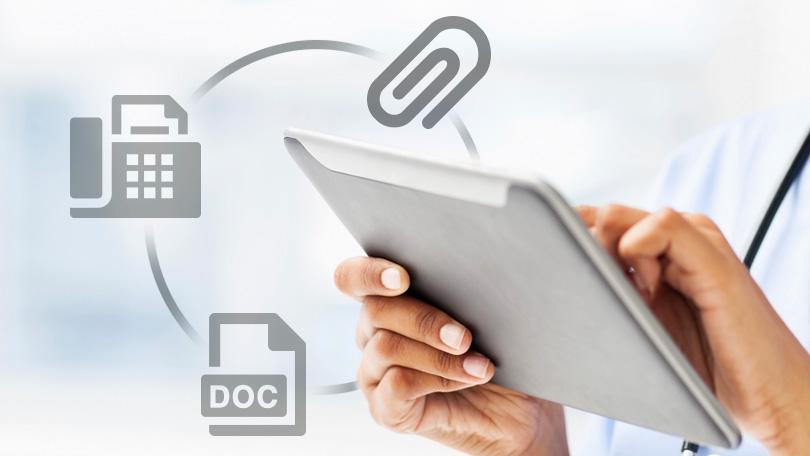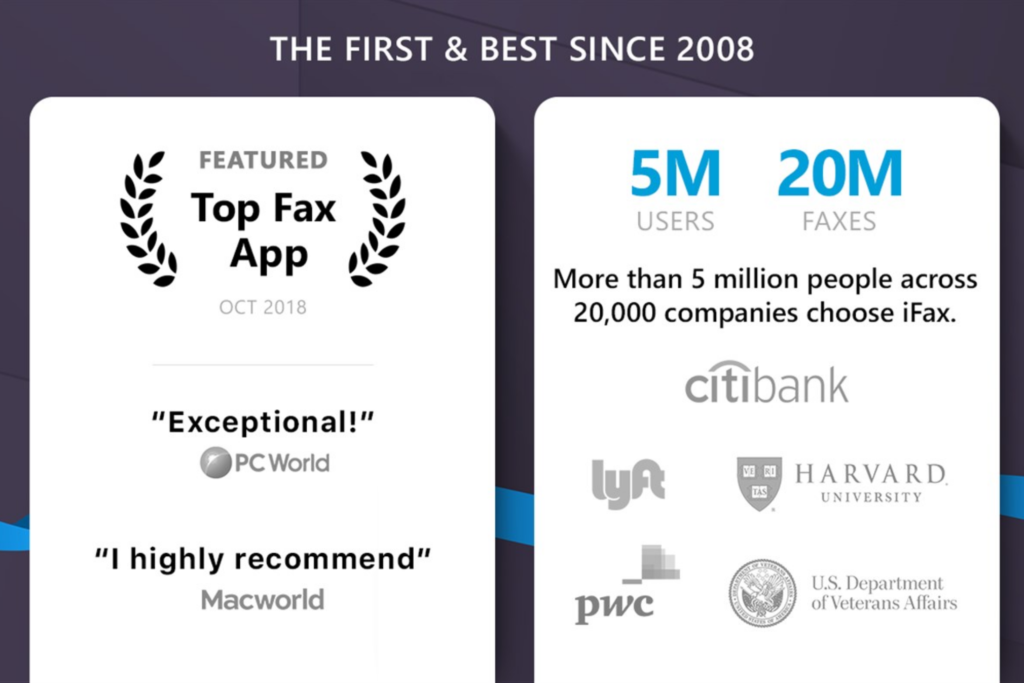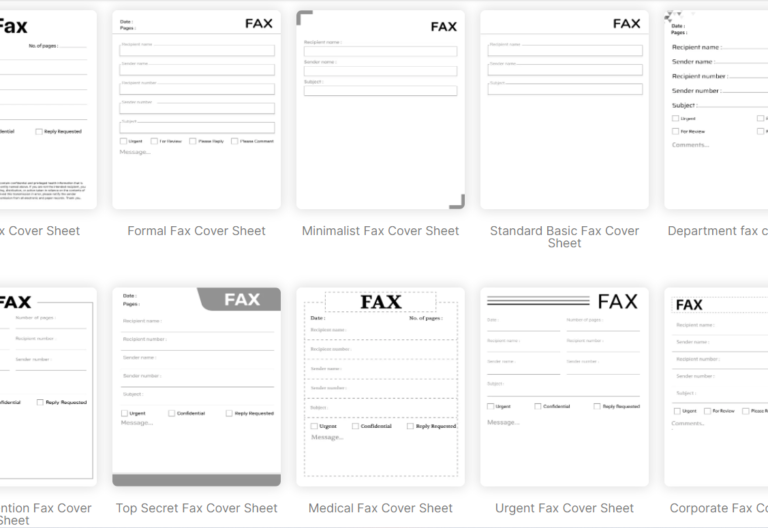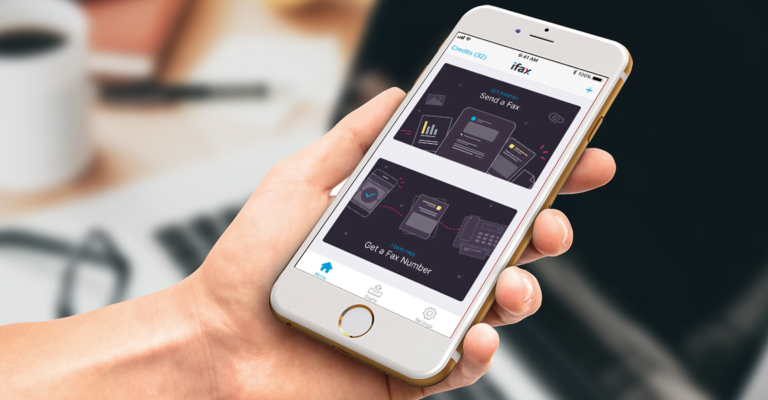Digitization in healthcare is a crucial step when it comes to improving clinical outcomes and patient experiences. The COVID-19 pandemic shook the medical industry and almost led to the collapse of healthcare facilities across the globe.
This proved how underprepared hospitals were for a situation like the pandemic. The pandemic was a stark reminder that there is no way but to adopt digitization quickly and increase healthcare interoperability.
In this guide, we will examine the benefits of digitization in healthcare and explore why embracing it quickly might quite literally save your practice.
Table of Contents
- What is digitization in healthcare?
- What technologies do hospitals use?
- How do you go paperless in a hospital?
- Benefits of digitization in healthcare
What is digitization in healthcare?

The digitization wave has hit the medical industry rather slowly and it has been ranked in the lowest third of industries that have embraced digital change. Industries including the media, banks and other financial institutions have been very quick to adopt digital transformation.
Digitization in healthcare involves the use of tools, technologies and software to streamline business and clinical processes in healthcare facilities.
Many processes can be automated in healthcare facilities. There is a software need right from when patients want to book appointments to when they need access to information to when they need to schedule life-saving procedures.
What technologies do hospitals use?

1.) Electronic Health Record Software
The most common and widely used medical software has to be EHR. The adoption of the software was highly encouraged by the Health Information Technology for Economic and Clinical Health (HITECH) Act in 2009. This software is very similar to CRM tools, but it caters to the specific needs of the healthcare industry.
EHR collects any information on patients ranging from their medical history, demographics, treatments and medication.
2.) Medical Database Software
Medical database software stores patient data by disease. It is unlike EHR as it stores patient history and treatment plans for the medical professionals to review at a later day to make better decisions and to educate themselves.
3.) Medical Research Software
As the name suggests, this type of software is used as a repository to store, learn and share information on treatment plans and diseases.
4.) Medical Diagnosis Software
Medical diagnosis software allows doctors to exchange patient records anonymously so that there are no gaps and errors in diagnosis.
5.) Medical Imaging Software
CTs, MRIs and PET scans require to be processed. Imaging software is used to process these scans.
6.) Digital Fax Softwares
HIPAA recognizes fax as a trusted way to share vital medical information securely. But, using traditional faxing methods can slow you down, so using a digital faxing tool such as iFax can help accelerate how quickly you share documents with patients and other stakeholders.
There are plenty of other areas where hospitals can use software including –
- Inventory management
- Billing and payment requirements
- Supervision of patient data including history, medical records, appointment history and services rendered.
- Physician management
- Management of insurance and claims
- Outpatient management
- Oversee hospital performance
- Assess hospital efficiency
- Facilitate communications within and across departments
- Manage utilities
- Improve hospital efficiency
How do you go paperless in a hospital?
Going paperless in a hospital is simple, but not easy. You’ll have to implement a new set of rules and start using software that facilitates the digital transformation of your medical processes. A recent study by John Hopkins University found that going paperless is good for patients. Going paperless allows for an added layer of security, more transparency and better accountability. Patients feel happier when hospitals operate with the right set of systems in place.
Going paperless in hospitals is made possible with various automation tools such as iFax, EHR’s and personnel management systems. Hospitals must encourage staff to use digital technologies rather than outdated manual entry systems. With it, you can do away with wasting paper on printing and reduce your carbon footprint as well.
Benefits of digitization in healthcare

The healthcare IT industry is all set to grow at a whopping 13.3 year-on-year since 2013. There are countless benefits of digitization in the healthcare sector. A few of them are:
Centralized Information Repository
One of the biggest advantages of digitization in healthcare has to be that all documents are easily accessible, shareable and better managed. This allows for a great deal of interoperability of departments in hospitals.
Simplify Processes
Filing documents, retrieving them and storing them safely is tough especially when you’re dealing with physical documents. Similarly, filing paperwork and completing formalities are time-consuming and cumbersome while done manually, when processes are automated, it simplifies operations and reduces time-taken to complete mandatory activities.
Aid in Research and Development
Storing information about illnesses and studying the effect of the illness on multiple patients gives doctor’s a better understanding of the disease and gives them an inside look into what works and what doesn’t. This can improve the kind of healthcare given to patients and improve clinical outcomes.
Helps Share Information and Improves Patients Lifestyle
People are very likely to believe the information they receive from a credible source. If doctors share credible information through sources, apps and blogs, patients would turn to them for health tips and live better lives. Digitization in healthcare can even help doctors give step-by-step instructions and create different modules to improve healthcare outcomes for patients.
 Start using iFax today
Start using iFax today
Doctors and healthcare practitioners need to share information with their colleagues, patients and other stakeholders constantly. It is also important to communicate information in ways that are compliant with HIPAA. iFax focuses on helping healthcare professionals share information with their patients in a secure way.
iFax is designed to work with your existing workflow and will seamlessly integrate with your current business operations. Start using iFax now to start the digital revolution at your practice.




 Start using iFax today
Start using iFax today


